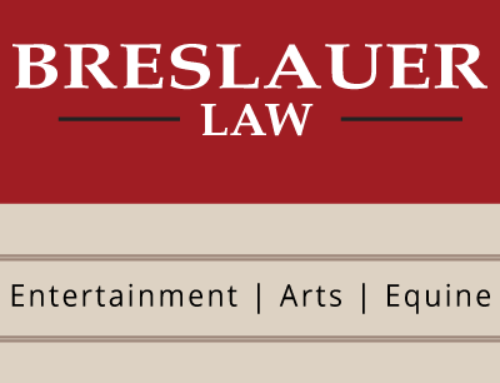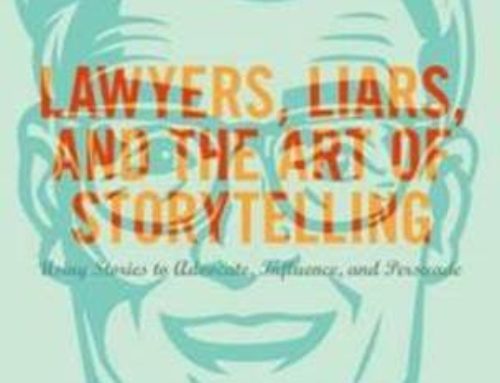How can you lose something you didn’t even know you had? If that something is a copyright, you can lose it in the time it takes to sign a contract. And if that contract defines the work you’re about to create as a “work made for hire,” then you need to know what you’re signing.
WHAT IS A “WORK MADE FOR HIRE”?
Let’s start with the meaning of the term, “work made for hire.” It may seem innocuous, or just so much legalese. Yet it’s a term that’s got teeth. According to the 1976 Copyright Act as amended (Title 17, United States Code), a “work made for hire” is either (1) something you created while you were an employee, as part of your job, or (2) certain commissioned works created by independent contractors (non-employees).
The first category is relatively clear. As an employee, any work you create for your boss as part of your job is going to be owned by the boss. So if that thing you’re creating is a piece of writing or art, for example, the boss will own the copyright. That means that in the view of the law, the boss is effectively the creator or author of that work. That copyright, or authorship, is part of what the company gets in return for paying you a salary. It shouldn’t surprise anyone that this is the case. It’s the agreement you make when you take the job. So be sure you understand that going in, and are going to get paid accordingly.
But what about the second category, dealing with commissioned works? When you are commissioned to create something for someone, you are not an employee. You are not on the payroll, so you’re an independent contractor. In this situation – with certain notable exceptions – your work should remain your own, and the copyright should be yours as well. You, the actual writer/creator, should own the copyright. This is generally true. Or, as with so much of the law, it’s true except when it’s not true.
WHY DOES IT MATTER?
There are situations where you are a contractor and yet you will not end up owning the copyright to the work you create. This is the case in point: when the contract you sign specifies that the work you will be creating is a “work made for hire,” then you probably will not end up owning the copyright. Watch out for that!
In order to have the work legally deemed a work made for hire by the employer, the commission contract has to be in writing. More important, it has to be for a certain kind of work, as specified in the Copyright Act. It’s supposedly limited to contributions to a collective work, such as a movie, test, compilation, or atlas. In theory, it’s only these particular kinds of works that can be deemed works for hire. But that’s somewhat theoretical, and I wouldn’t rely on that.
IT’S COMPLICATED
Limiting works made for hire to these nine types of creations has not yet been fully tested in the courts. The “work made for hire” parts of the Copyright Act have only recently hit the 35-year mark. Works created in 1976, when the copyright laws changed, only became eligible for termination four years ago, in 2011. They are still within the 5-year buffer period allowed for filing such claims. Some claims have been made, and some have reached the courts. But there are likely some claims that could be made that have not yet been made. Which means the definitions may well expand. We just don’t know yet.
Other types of works, above and beyond the nine enumerated types, could be considered works made for hire. But until this corner of law has been more fully adjudicated, there are precautions that you can and should take.
WHAT TO DO TO PROTECT YOUR RIGHTS
According to the U.S. Government Copyright Office, “If a work is a work made for hire, the employer or other person for whom the work was prepared is the initial owner of the copyright unless there has been a written agreement to the contrary signed by both parties.” (emphasis mine)
Make sure any commission contract that you sign specifically states that the work you are agreeing to create will not be a work made for hire. The people commissioning you (or their lawyers) may tell you this isn’t necessary, since the work to be created by you isn’t one of the nine types of works specified in the Copyright Act.
Insist on such a provision anyway. If the commissioners truly don’t intend for the work you are creating for them to be a work made for hire, then there is no reason why they should object to a phrase in the contract saying as much. The copyright you save may be your own.





